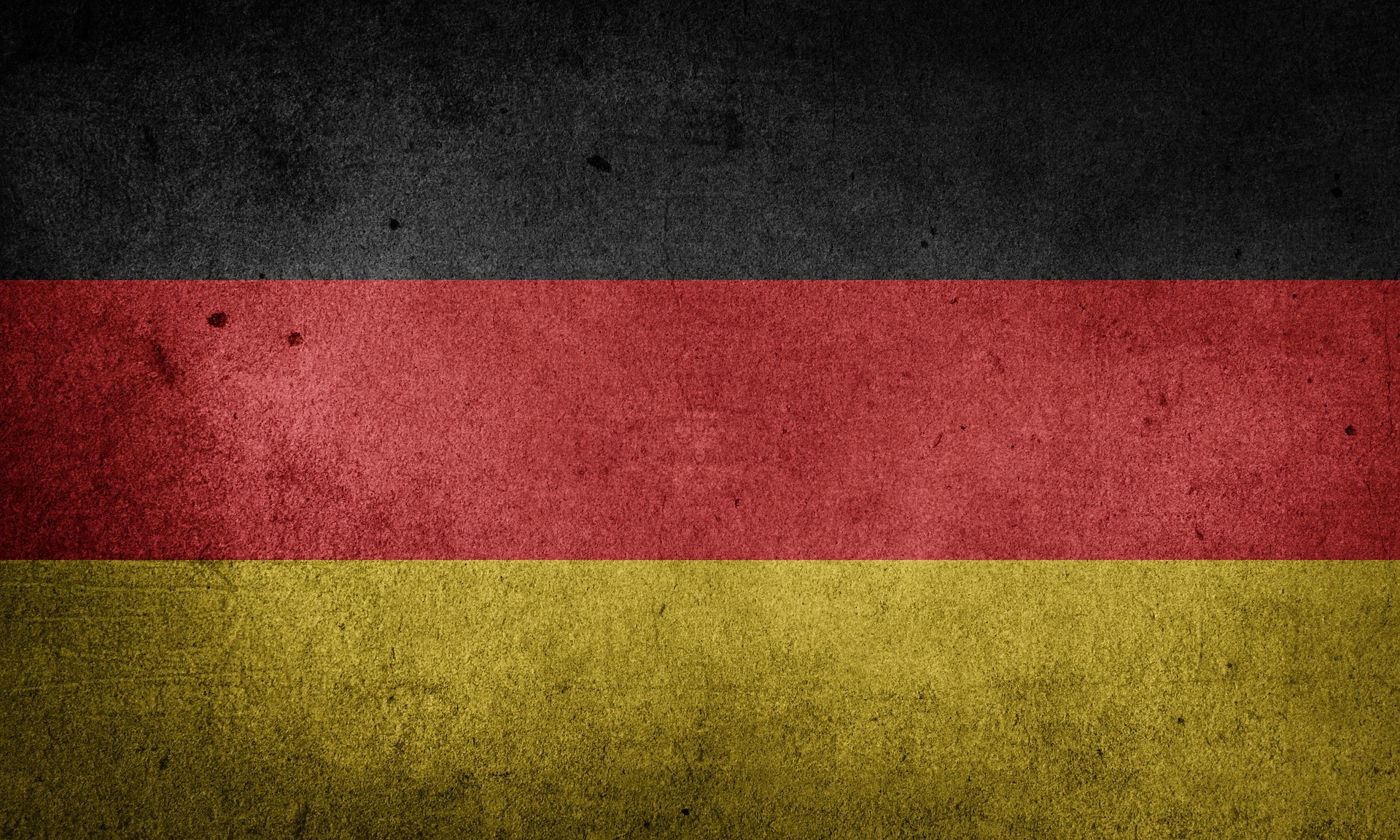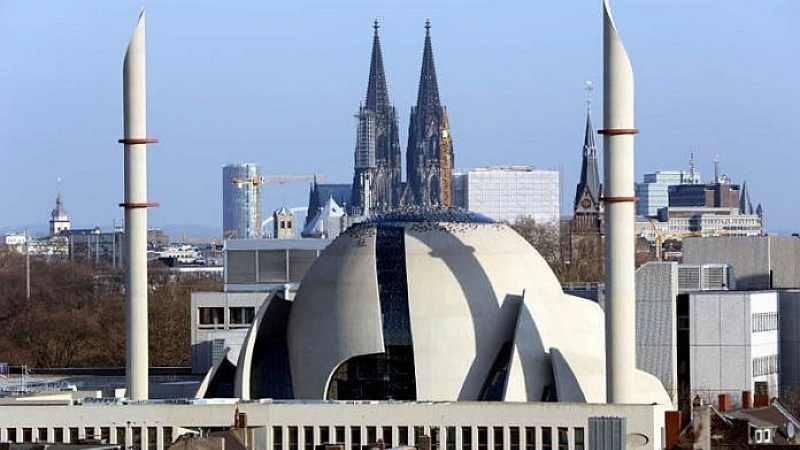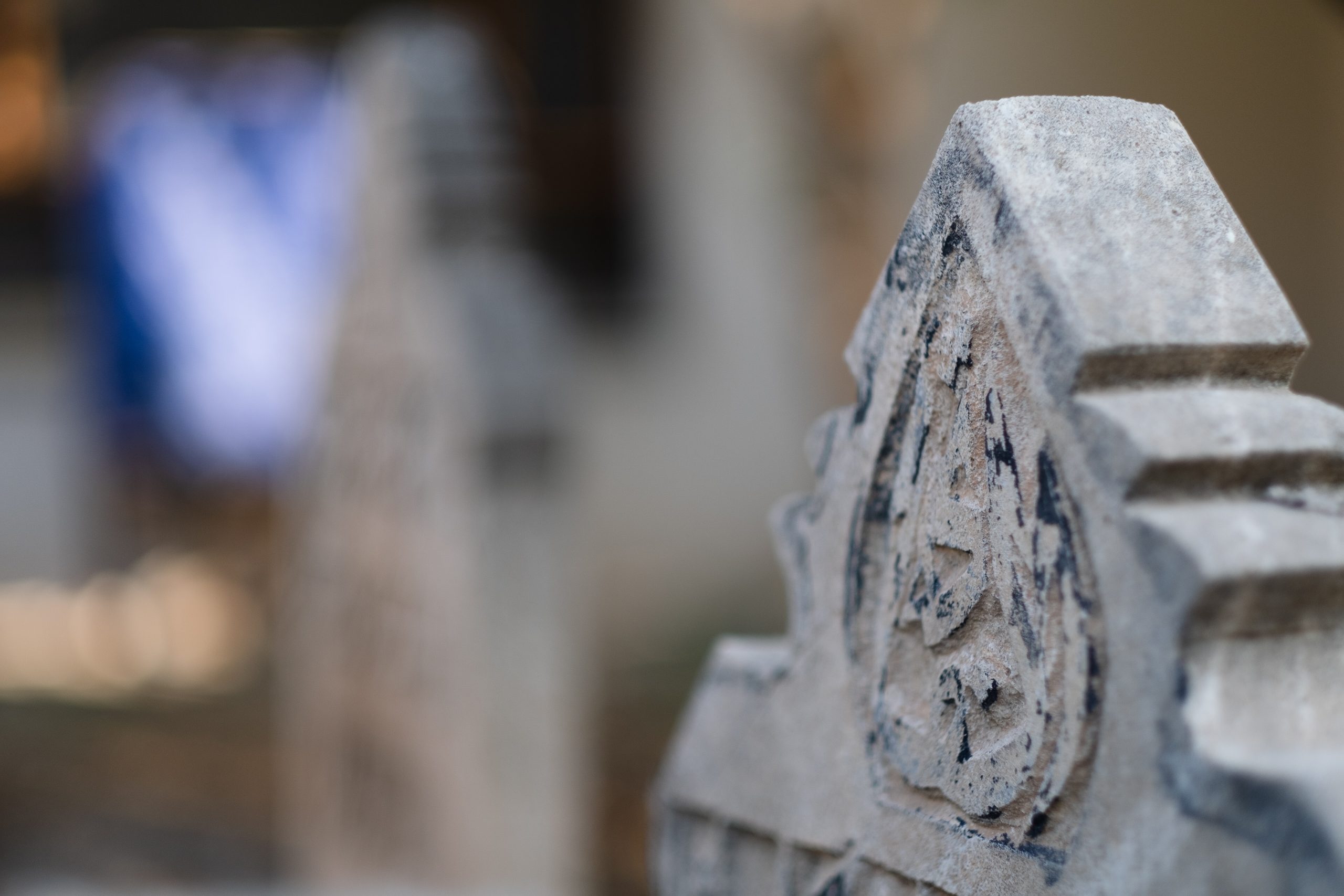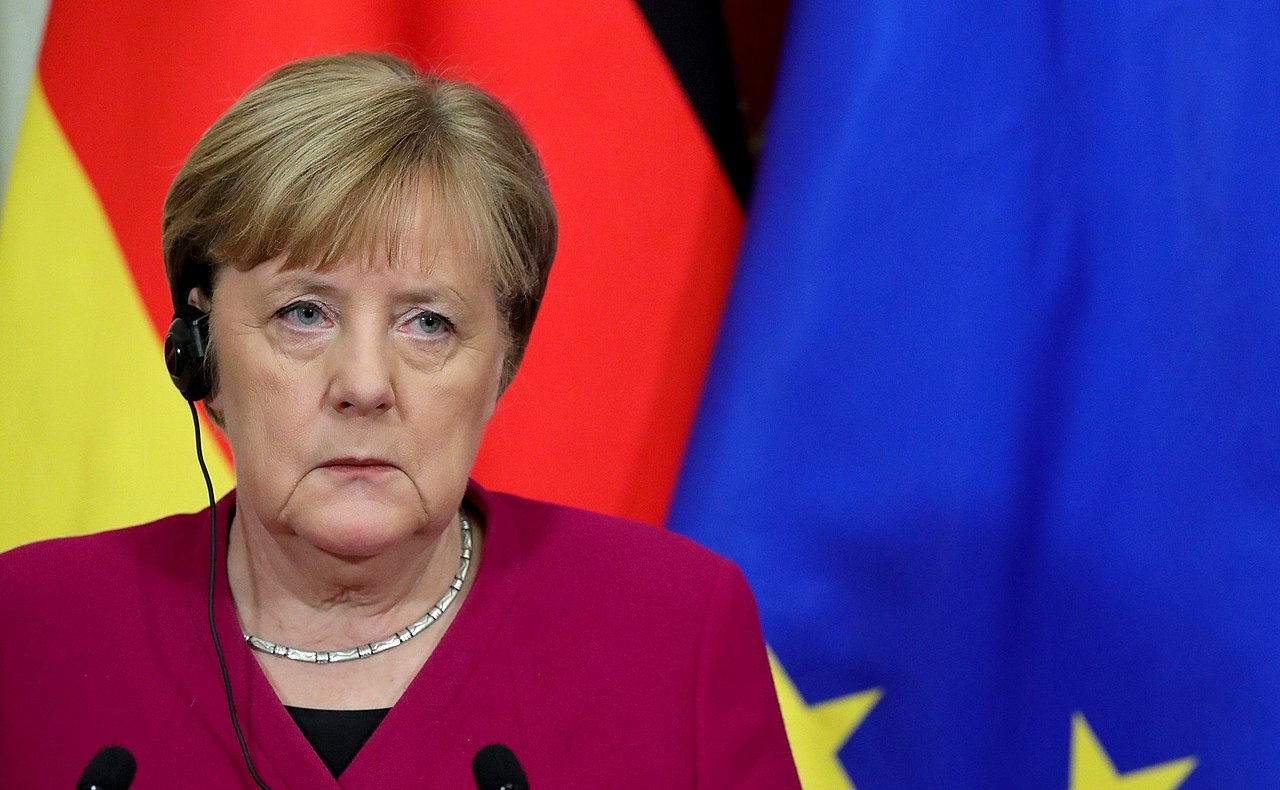March 6, 2014
The public dispute about Islamic theology at German Universities and the Islamic theologist Professor Mouhanad Khorchide at the University of Münster has attracted the attention of the wider public. Since 2010, Islamic theology has been established at different German Universities in Münster/Osnabrück in Frankfurt/Gießen und Erlangen/Nürnberg.
Two conflicts have been arousing the issue of Islamic theology. First, the dispute between the Center for Islamic theology at the University of Münster and Islamic associations began in 2011, when the Center proposed different Islam experts for its science council and advisory board. Many of these candidates were dismissed by the Islamic associations. While some candidates of the Islamic associations were rejected, as the Federal Ministry of Interior assessed them inappropriate. In practice, the Federal Office for the Protection of the Constitution assessed one of the candidates proposed by the Islamic Community – Milli Görüs as extremist.
The second conflict aroused about the person Mouhanad Khorchide. Having approved his engagement, Islamic associations rejected Khorchide´s employment at the Center, criticizing him for his remarks in favor of a liberal Islam. According to Engin Karahan, a representative of the Islam council, there is no trust left between Professor Khorchide and the Islamic associations. Thus, it would not be legitimate to continue his engagement at the University. It would be senseless for the University of Münster to offer Islamic theology without the cooperation with Islamic associations.
The coordination council of Muslims assessed the work of Khorchide as “not scientific enough”. Other theologists such as Professor Bernhard Uhde from the University of Freiburg called criticized the assessment of the coordination council of Muslims as dilettantish and an evidence for the power clash between Turkish associations and other Muslims.
Serda Günes, an Islam scientist from the University of Frankfurt believes the schools of Islamic theology processing a period of maturing. Islamic associations would not be able to respond to normative questions as solid and confident as churches would do. Therefore, they would try to compensate this lack with theological views, reacting irritated when being challenged by antagonizing positions.
Spiegel Online: http://www.spiegel.de/unispiegel/studium/islamische-theologie-streit-in-muenster-um-mouhanad-khorchide-a-956587.html#






